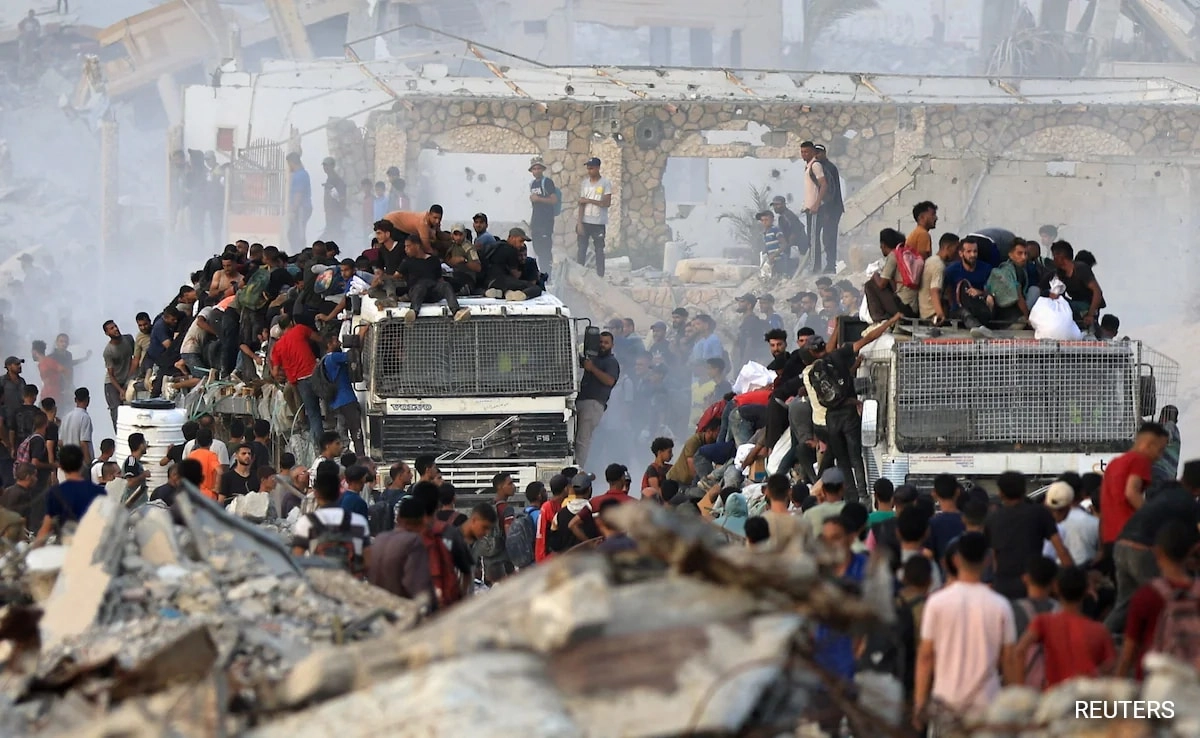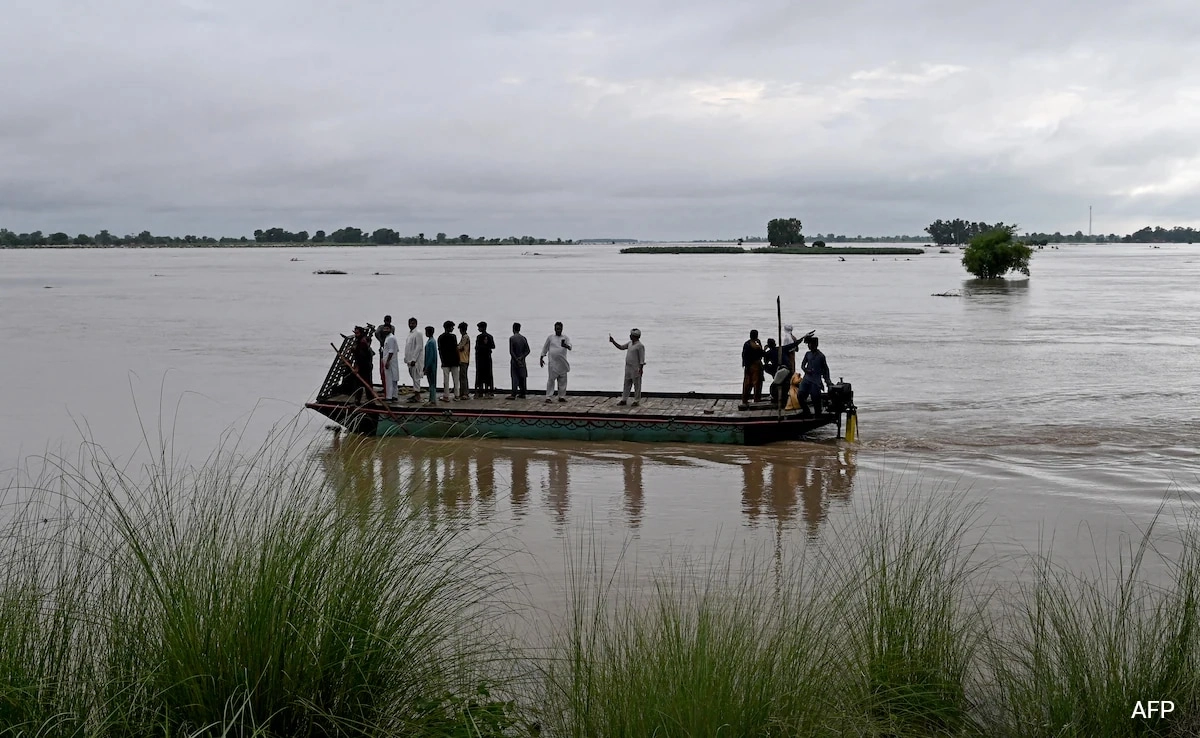The United States has recently suspended visas for Gazans seeking medical aid, a decision that has sparked significant controversy and concern. This action follows a campaign led by far-right groups that have been vocal about their opposition to allowing individuals from Gaza to enter the U.S. for medical treatment. The campaign has gained traction amid ongoing tensions in the region and has raised questions about the humanitarian implications for those in desperate need of care.
The suspension of visas has immediate ramifications for numerous individuals in Gaza who rely on specialized medical services that may not be available locally. Many patients suffering from chronic illnesses, severe injuries, or conditions requiring advanced medical interventions have found themselves in a precarious situation as they are now unable to seek help abroad. The decision has drawn criticism from human rights advocates and medical professionals who argue that access to medical care should not be politicized. They emphasize that health care is a fundamental human right, and the denial of visas contradicts international humanitarian principles.
Furthermore, the policy has broader implications for U.S. foreign relations and its standing in the international community. Critics argue that this move reflects a growing trend of prioritizing political considerations over humanitarian needs, potentially alienating allies who support a more compassionate approach to humanitarian crises. As the situation in Gaza continues to deteriorate, the need for medical assistance remains urgent, and the suspension of visas raises ethical questions about the obligations of nations to respond to humanitarian needs, regardless of political contexts.
In light of these developments, it is crucial for policymakers to consider the potential long-term effects of such a decision, not only on those directly impacted but also on the broader geopolitical landscape. The intersection of health care, politics, and human rights is complex, and navigating this terrain requires a commitment to upholding humanitarian values, even amidst challenging political climates. As advocates and organizations work to address the fallout from this visa suspension, the focus remains on ensuring that individuals in need of medical care are not left to suffer due to political disagreements.




